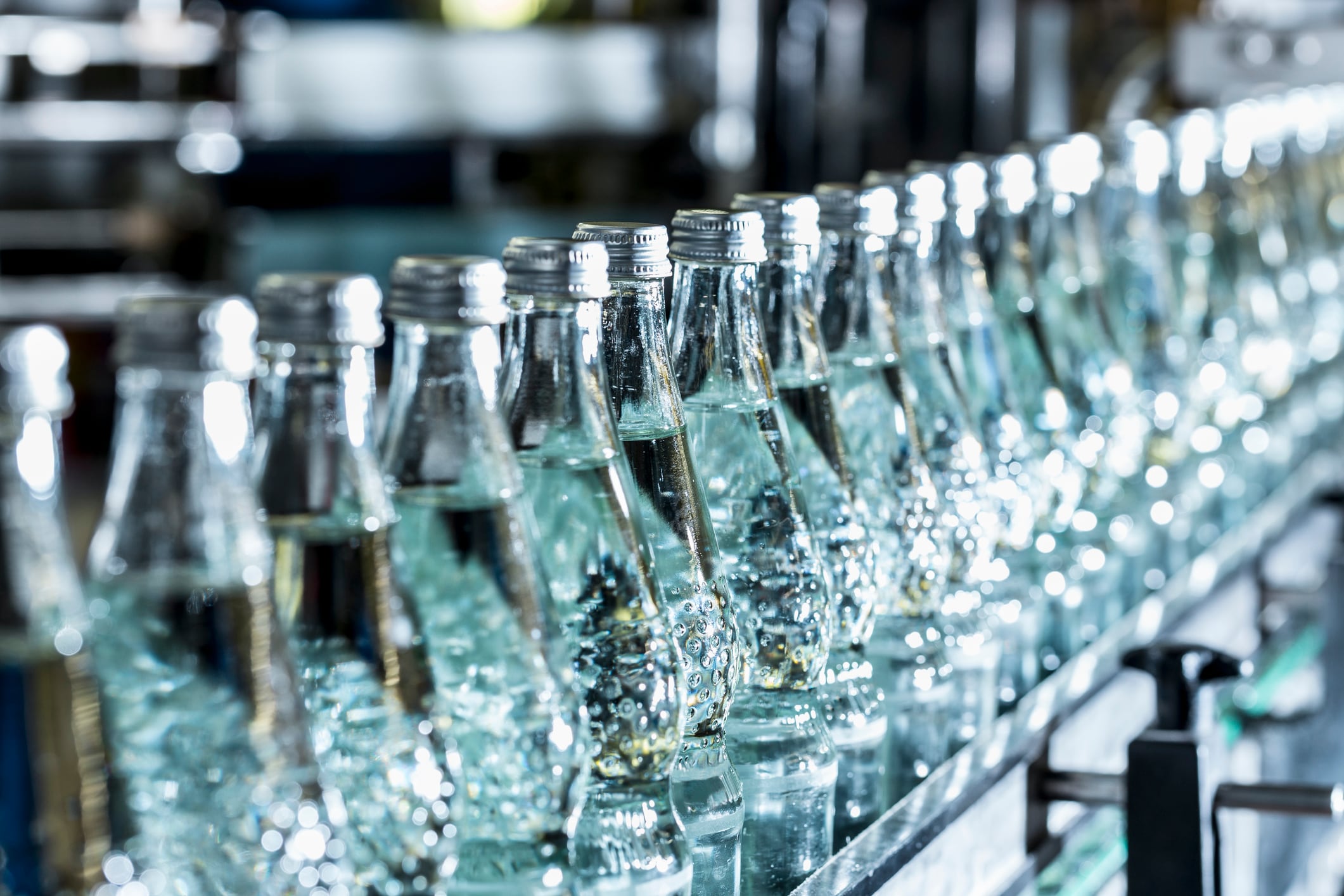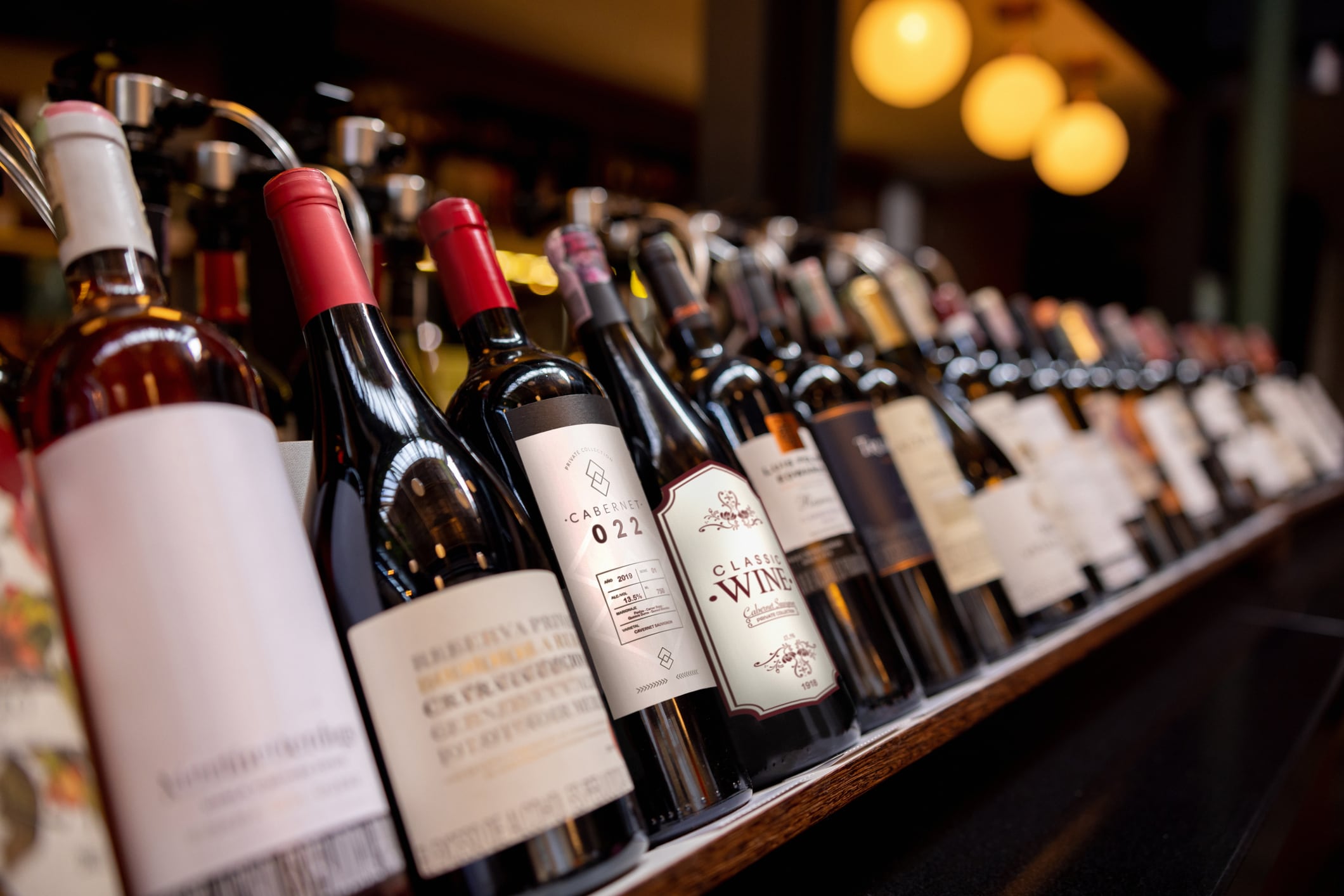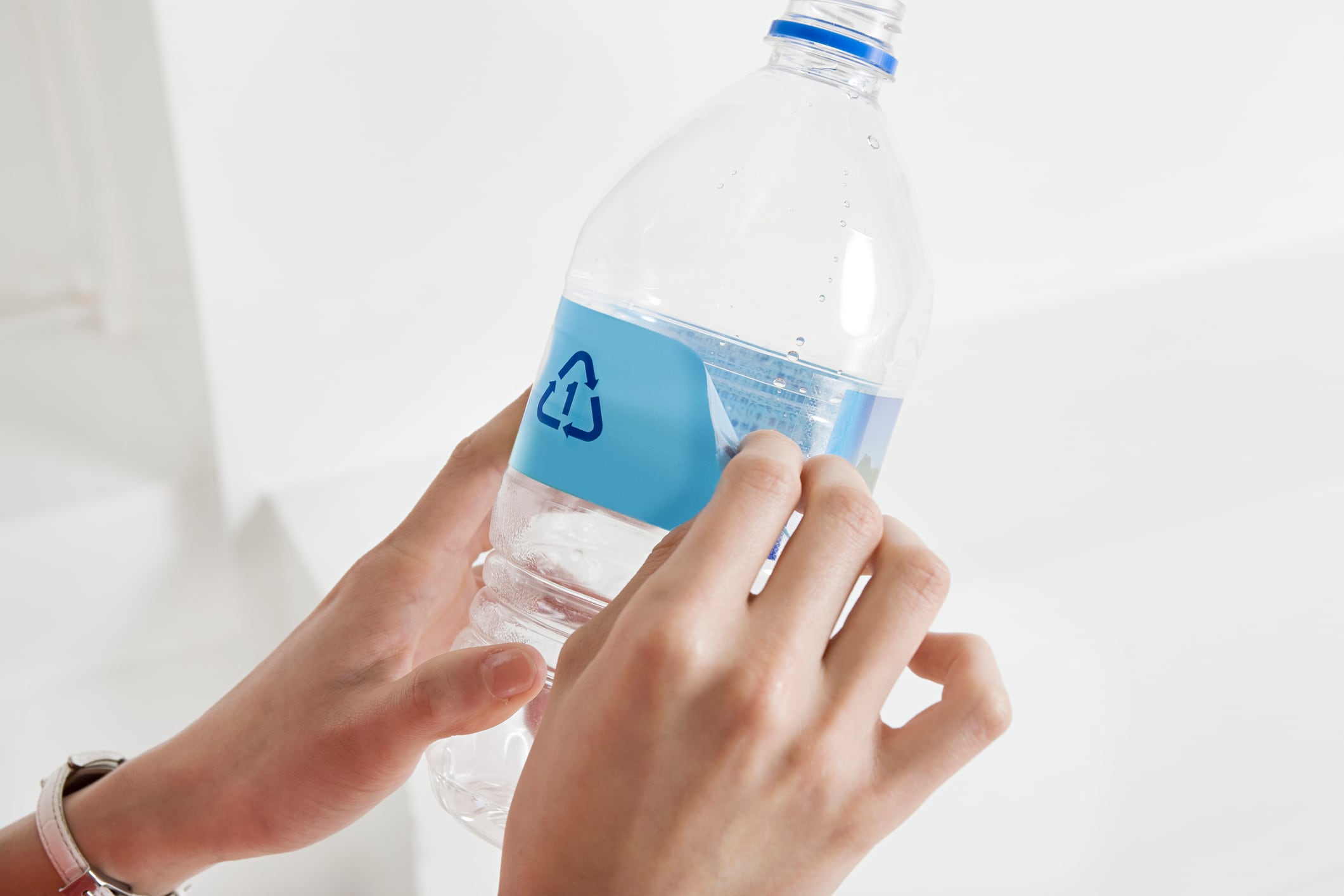Calculated based on weight, the much delayed regulation places responsibility on businesses for the full cost of packaging materials at the end of its lifespan.
There’s no issue with the logic. It’s absolutely right that producers who use and supply packaging should be responsible for what happens to it. The old ‘take, make, use, throw’ model is simply not a viable environmental approach in the long term.
However, it’s clear that in its current form, the new regulation is not fit for purpose either.
The government might argue that revenue from the new charges will support local collection and recycling services - but the problems it is causing for businesses far outweigh these small ‘gains’.
Riddled with overlapping costs, the regulation threatens to burden businesses, disrupt supply chains, and ultimately push up costs for consumers - all without delivering real environmental benefits.
No environmental benefit
That’s because the new weight-based regulation places a disproportionate burden on glass packaging compared to other materials.
Glass is one of the most commonly recycled materials available to the drinks industry. But because it is relatively heavy, it has become much more expensive to use under the new regulation.
The result is that drinks companies are already looking to lightweight alternatives. But does lightweight make them more sustainable?
The less heavy, lower cost alternatives to glass are plastic bottles and cans. And of these, the cheapest are virgin plastics and aluminium, because of the cost involved in sorting, processing, and maintaining the quality of these materials when they are recycled.
Right now in the UK, there simply isn’t the infrastructure or international shipping arrangements in place for aluminium and virgin plastics to be recycled on the scale needed to keep pace with this shift.
Natalie Campbell
Instead of encouraging sustainable choices (as was the regulation’s aim) EPR is actually driving brands towards using less environmentally sound materials.
The impact on business
It’s not an easy time to be running a business. With the rise in national insurance on April 6, unpredictable tariffs from the US increasing the price of exports, and a backdrop of years of anaemic economic growth, what businesses need right now is support - not additional costs.
Time and again, the government has stated that its number one priority is growth. The food and drink industry contributes £37 billion to the UK economy, providing more than 500,000 jobs.
But these changes are taking money away from businesses trying to do the right thing. That means less money for firms to invest in purpose-driven initiatives - like Belu’s profit-sharing arrangement with WaterAid - and less money to invest in expansion and hiring more staff.
The effects will be felt in two areas - the economy (as inflation goes up) and the consumer. Without the bandwidth to absorb yet more financial hits, businesses will have little choice but to pass the additional cost of the new EPR regulation back to the consumer.
We’ve seen it before with increases to the price of soft drinks directly correlating to a rise in inflation. And it seems likely that the same will happen again when the additional cost of EPR is passed on.
What can be done?
When looking at solutions, it’s important to take a holistic, systems view of the issue. At the moment, there are simply too many schemes running in parallel to each other.
There’s the EPR, the Packaging Recovery Note (PRN - i.e. recycling assessment for businesses) and the Deposit Return Scheme (DRS - i.e. refundable deposits for returning packaging) all operating at once.
While the intentions of each scheme are good, taken together they add three separate layers of costs within the business, and there’s a real lack of transparency around where any of the money is going.
Natalie Campbell
Is the money going to be put towards new infrastructure to recycle more aluminium? Will there be funds allocated for infrastructure for people in communities to be able to recycle and separate their packaging in a better way? At the moment, it’s not clear.
Instead, what’s needed is a cohesive, unified approach that works for businesses, protects consumers, and genuinely supports a circular economy.
How do we get there? For a start, pause and consult with businesses about the three individual EPR, PRN and DRS so that they can be consolidated in a way that makes sense.
Once the schemes are consolidated, the next task will be making clear exactly how any funds raised from them will improve the UK’s recycling and circular economy infrastructure - and, ultimately, there will be a responsibility on the businesses with the broadest shoulders in the sector to pay their fair share here.
Without this clarity, the new EPR regulation won’t just be ineffective, it’ll be actively harmful to environmental efforts, as businesses return to the cheapest packaging material available: virgin plastic.




